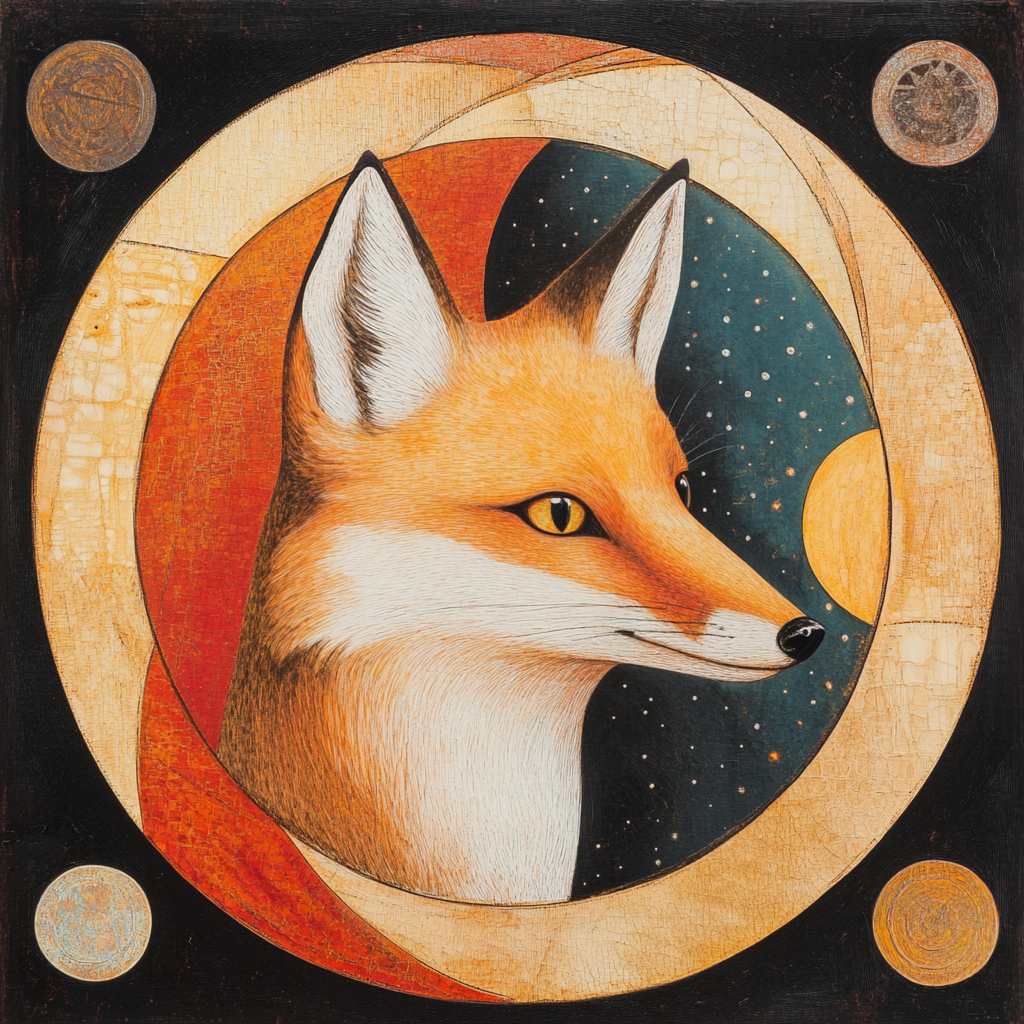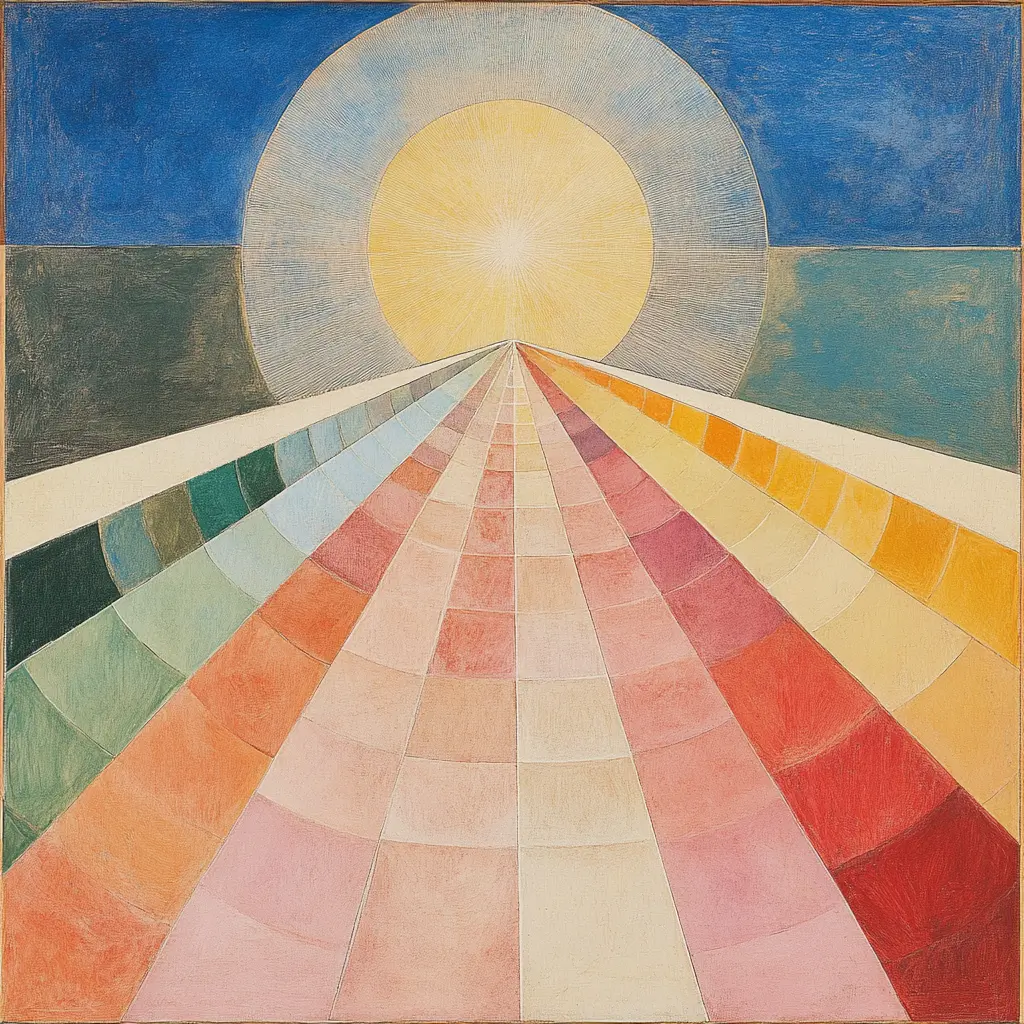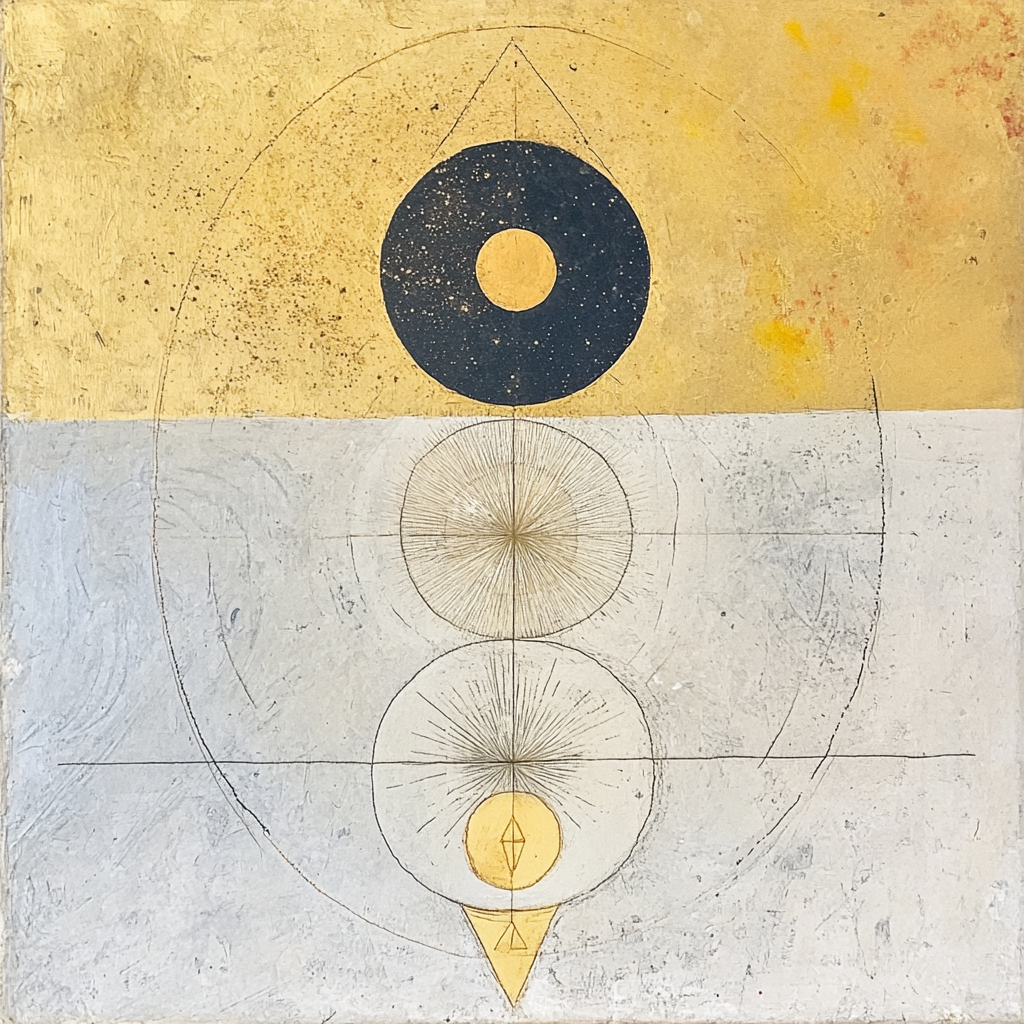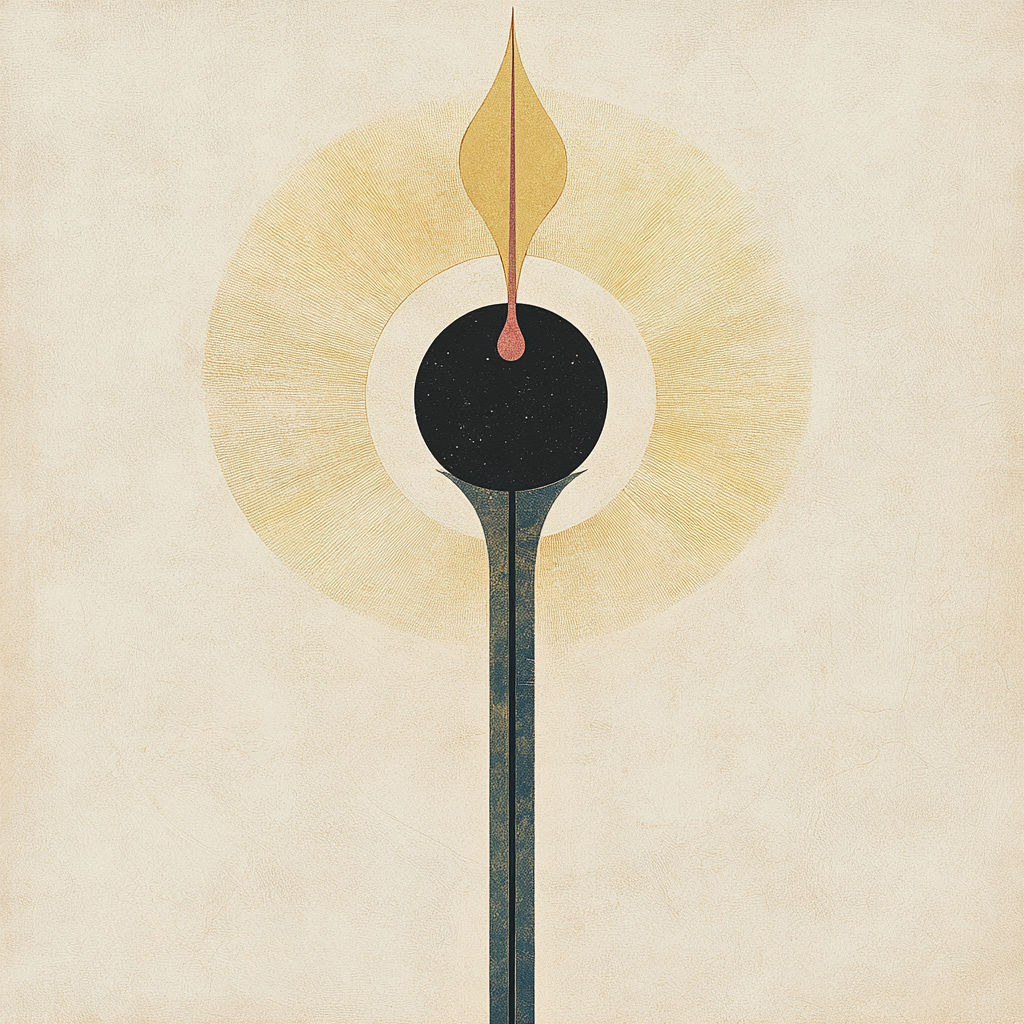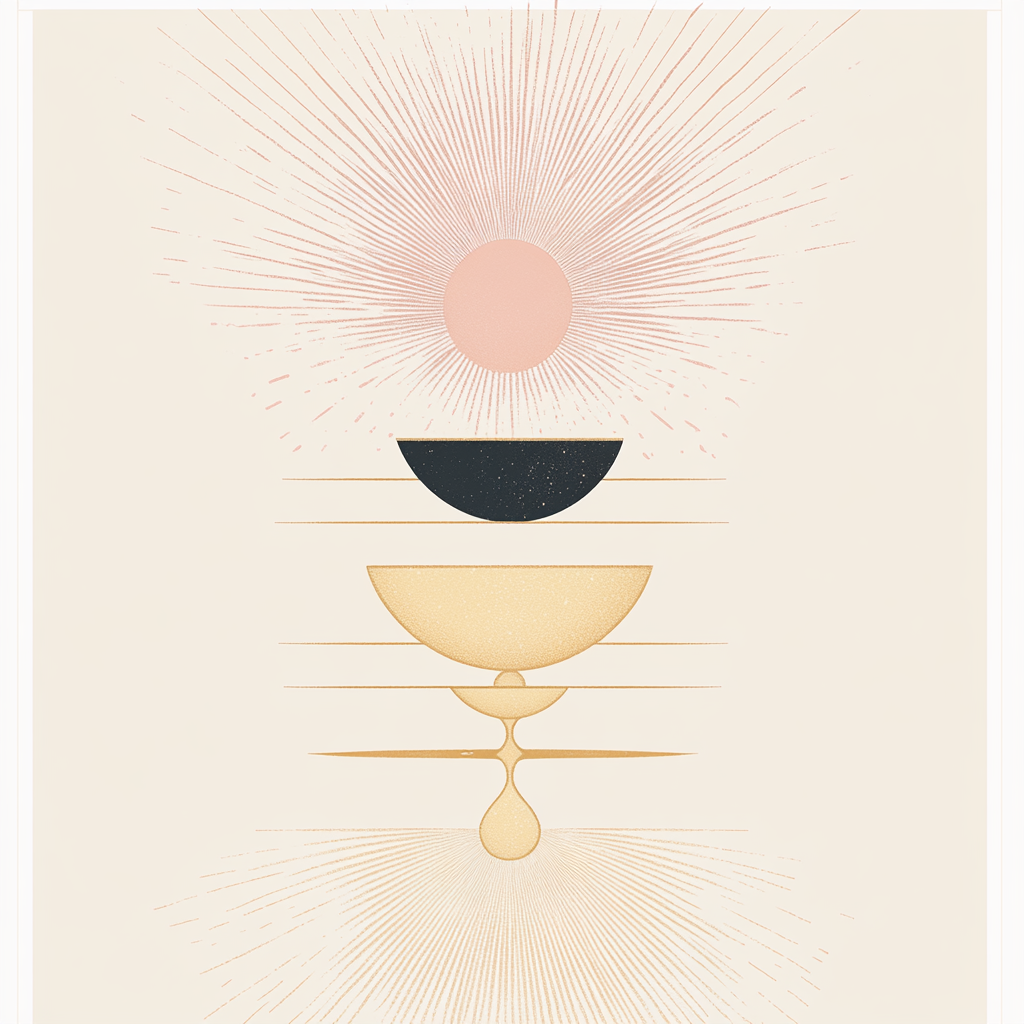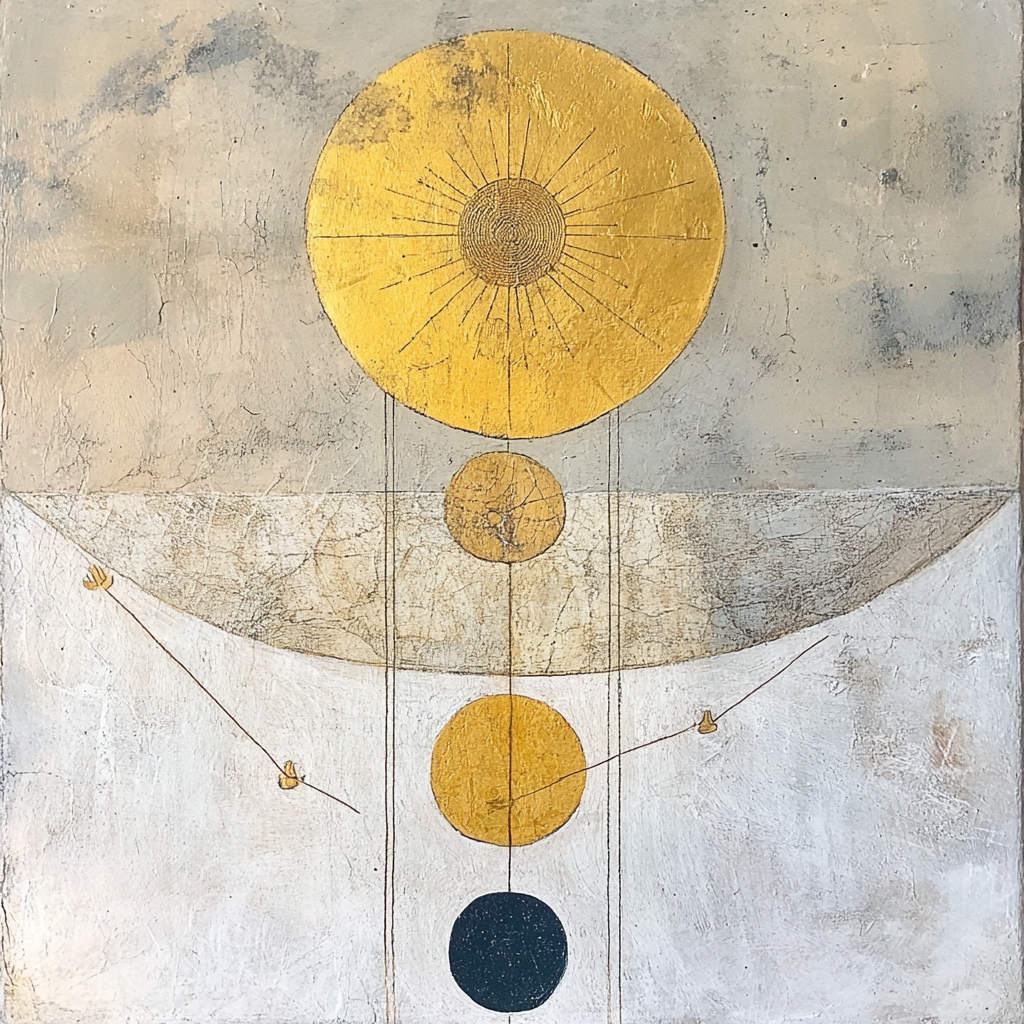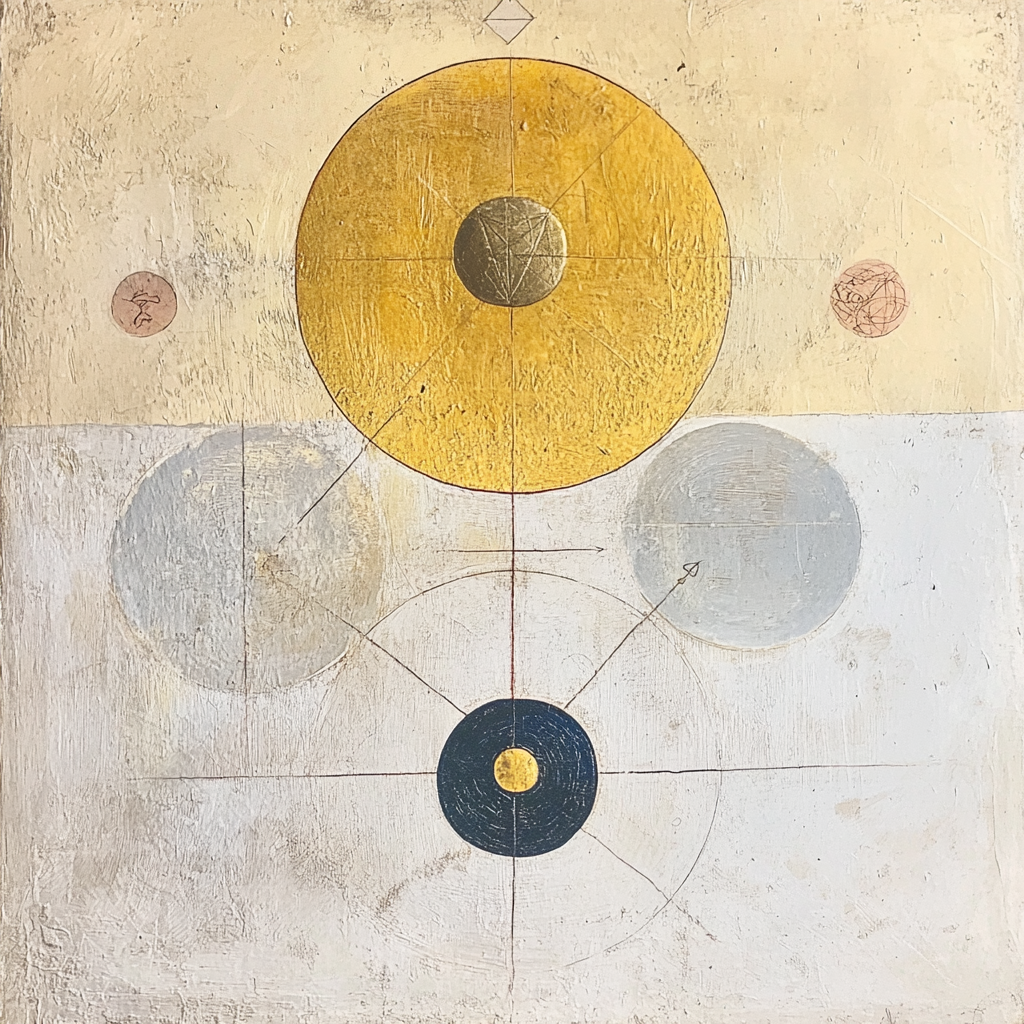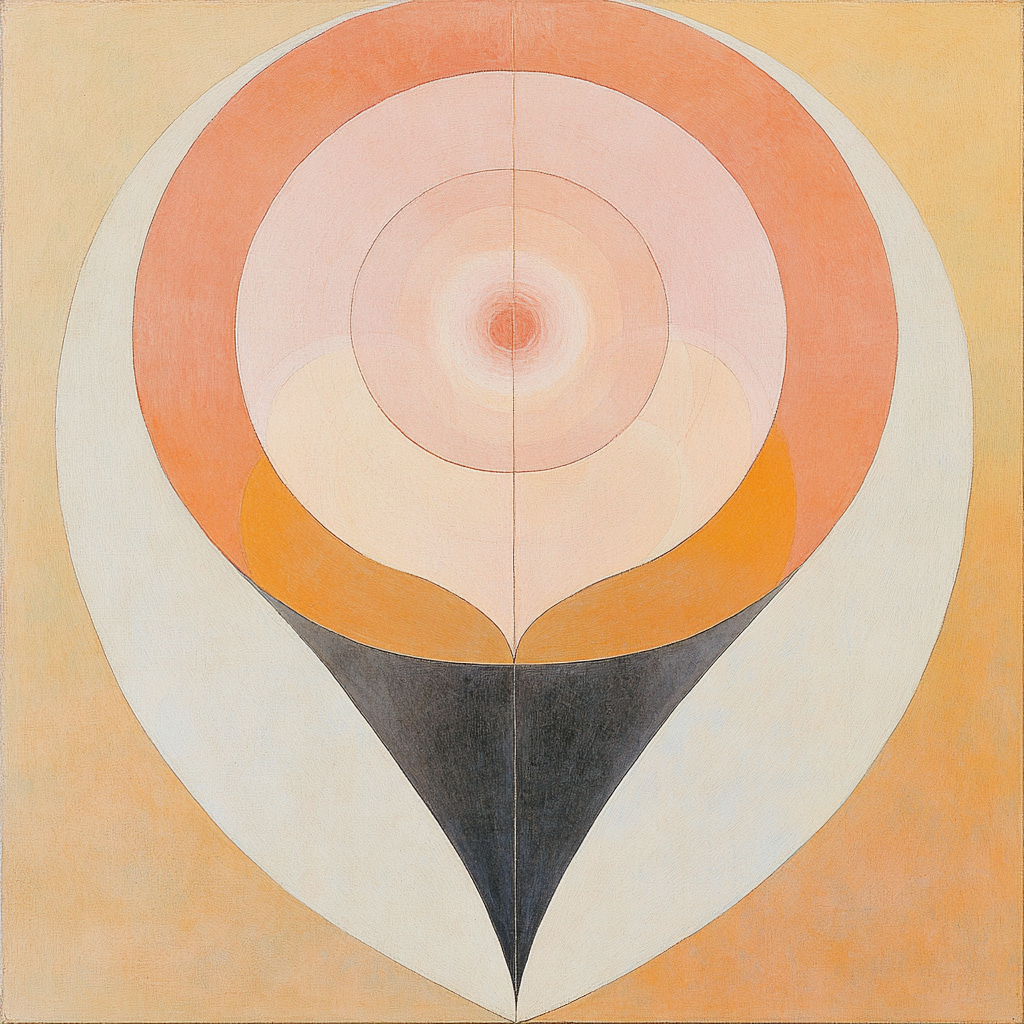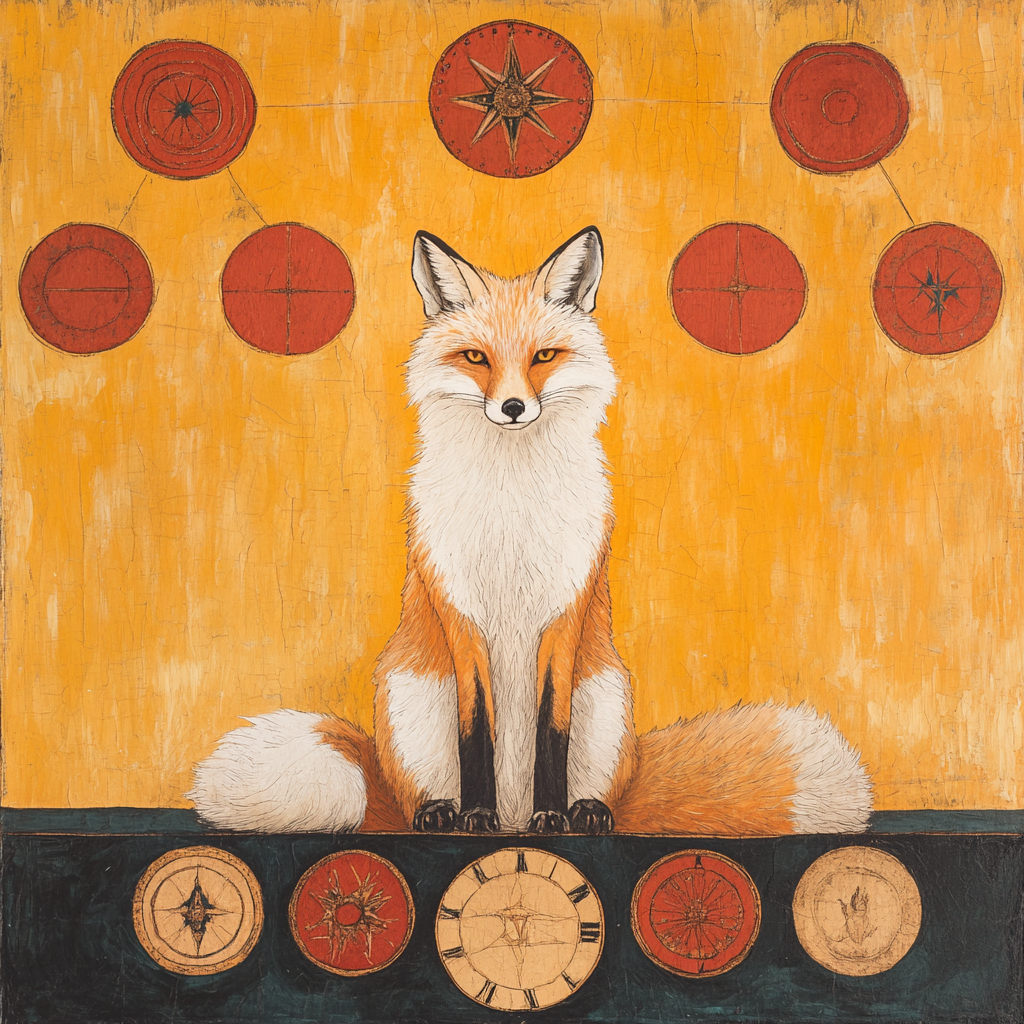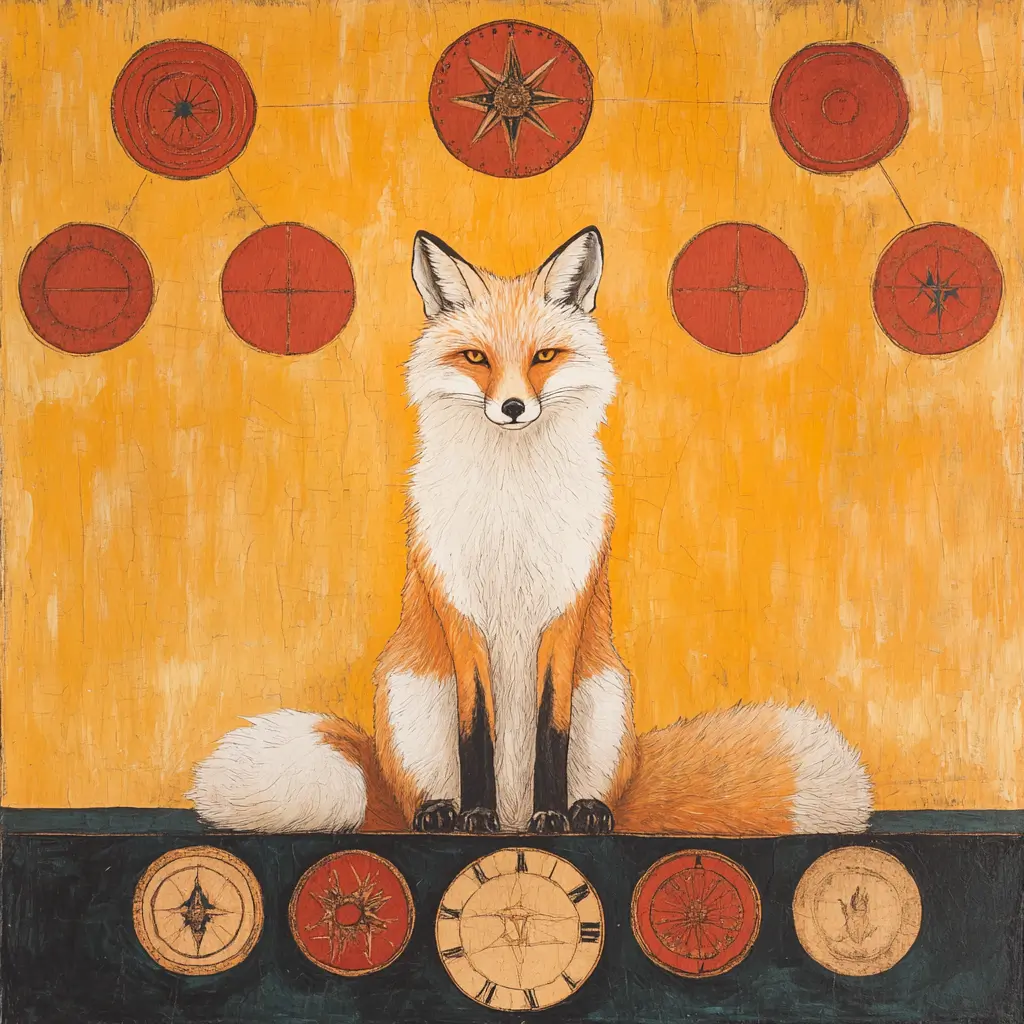In the rush of modern life, moments of quiet reflection become rare treasures. Tarot, when embraced daily, offers a meaningful pause—a gentle yet powerful invitation to look inward. This consistent engagement with tarot transforms the cards from occasional tools of insight into profound psychological mirrors, guiding your introspective journey.
Why daily tarot rituals matter
Tarot is more than mystical imagery; it is a symbolic language speaking directly to your subconscious. Daily practice cultivates fluency in this symbolic dialogue, unveiling deeper layers of self-awareness. Carl Jung emphasized the value of symbolic engagement—whether through dreams, active imagination, or tools like tarot—as pathways to exploring the unconscious. Daily rituals establish a nurturing environment for these encounters, fostering conscious intention rather than unconscious reaction.
Starting small: five-minute tarot rituals
Powerful tarot practices don’t require elaborate setups or extensive time commitments. Consistency outshines complexity. A simple five-minute daily ritual might look like this:
- Choose a quiet, consistent moment—mornings, evenings, or whenever you’re reliably available.
- Draw a single card without a predetermined question.
- Observe your reaction—emotionally, intuitively, symbolically. Avoid over-analysis at first glance.
- Brief journaling—reflect briefly, writing, “Today, this card brings up…” or “I feel this card relates to…”
- Set your daily intention based on the card’s insights.
Such concise rituals create meaningful connections with your inner world, highlighting recurring themes and archetypes reflective of your evolving psyche.
Deepening your tarot practice
Over time, the simplicity of your ritual naturally evolves, becoming richer and more personal. You might:
- Explore three-card spreads: Analyze your past, present, and future dynamics.
- Meditate with cards: Deepen your symbolic relationship through meditative exploration.
- Incorporate dream journaling: Align card imagery with your dream life for richer symbolic dialogue.
Further enrich your practice by:
A Simple and Free Tarot Journaling App?
❤️❤️❤️ Yes! ❤️❤️❤️
Sign up now for our Beta!
- Mapping life stages through the major arcana: Recognize seasons of personal growth reflected in archetypes like the Hermit, Fool, or Magician.
- Engaging with shadow work: Notice which cards provoke discomfort or resistance, indicating hidden or suppressed aspects of yourself.
- Synchronizing rituals with lunar phases: Utilize new moons for setting intentions and full moons for releasing outdated energies.
Through these deeper engagements, your tarot practice evolves into a dynamic personal mythology, charting your psychological growth.
Ensuring consistency: habits that anchor your ritual
Consistency transforms sporadic exploration into meaningful personal rituals. To maintain regularity:
- Keep your tarot deck visible: An accessible deck acts as a visual reminder.
- Designate a tarot space: Even a small corner with meaningful items—a candle, cloth, or treasured keepsakes—signals to your psyche the sacredness of your practice.
- Combine tarot with existing habits: Pair your tarot session with your morning coffee, meditation practice, or evening journaling.
- Maintain a tarot journal: Dedicated journaling supports clarity, organization, and the ability to track patterns over time.
When connection eludes you
Feeling disconnected from tarot occasionally is natural. Instead of frustration, embrace curiosity. Shift your perspective from seeking external answers to exploring internal reflections. Ask yourself:
- “Which part of me resonates or resists this card?”
- “How is this card’s energy present in my current experience?”
- “How can I honor or understand this aspect of myself today?”
Approaching tarot as a reflective dialogue encourages genuine psychological insight, fostering deeper understanding and personal integration.
Closing thoughts
Daily tarot rituals aren’t about prediction—they’re about presence. Regular practice transforms tarot into a compassionate witness to your unfolding inner life, validating every feeling, thought, and intuition as significant.
In Jungian terms, consistent tarot engagement supports individuation, the process of becoming fully yourself by consciously integrating unconscious aspects. Through tarot, you begin to view your personal journey as inherently meaningful, richly symbolic, and profoundly valuable.
Begin gently: shuffle your deck, draw a card, and quietly ask yourself, “What’s alive in me today?” Then let your tarot journey unfold.
FAQs
Can I practice tarot at night instead of the morning?
Absolutely. Choose the time you can consistently maintain. Morning rituals offer intentional guidance for the day, while evening rituals encourage reflective insight.
Is journaling essential for tarot practice?
Journaling deepens self-understanding, but even minimal journaling fosters a valuable reflective process.
Should I cleanse my tarot deck daily?
Frequent cleansing can be helpful, but consistent interaction with your deck is more important than specific cleansing rituals.
